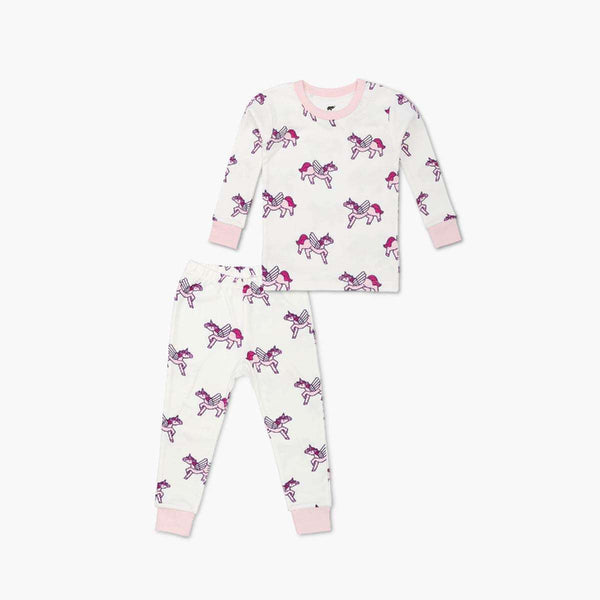COVID-19: Updates for Expecting Parents

As we continue to learn more about Coronavirus each day, we’ll keep our community of expecting parents updated with the latest pregnancy and delivery related news.
Check back here regularly to discover up-to-date answers to your most pressing questions.
Updates and news provided by Centers for Disease Control and Prevention, World Health Organization and NYC-based Dr. Jaqueline Worth, OBGYN and co-author of The New Rules of Pregnancy.
Plus, Dr. Worth is on hand to answer your questions LIVE. Review the M+A Classes + Events Calendar for details on how to tune in.
*Last updated Tuesday, April 7
What is the current risk to pregnant women getting COVID-19?
We do not currently know if pregnant women have a greater chance of getting sick from COVID-19 than the general public nor whether they are more likely to have serious illness as a result. Pregnant women experience changes in their bodies that may increase their risk of some infections. With viruses from the same family as COVID-19, and other viral respiratory infections, such as influenza, women have had a higher risk of developing severe illness. It is always important for pregnant women to protect themselves from illnesses. (CDC)
How can pregnant women protect themselves from getting COVID-19?
Pregnant women should do the same things as the general public to avoid infection. You can help stop the spread of COVID-19 by taking these actions:
- Cover your cough (using your elbow is a good technique)
- Avoid people who are sick
- Clean your hands often using soap and water or alcohol-based hand sanitizer
You can find additional information on preventing COVID-19 disease at CDC’s (Prevention for 2019 Novel Coronavirus). (CDC)
Can COVID-19 cause problems for a pregnancy?
We do not know at this time if COVID-19 would cause problems during pregnancy or affect the health of the baby after birth. (CDC)
Can COVID-19 be passed from the pregnant woman to her fetus or newborn?
We still do not know if a pregnant woman with COVID-19 can pass the virus that causes COVID-19 to her fetus or baby during pregnancy or delivery. No infants born to mothers with COVID-19 have tested positive for the COVID-19 virus. In these cases, which are a small number, the virus was not found in samples of amniotic fluid or breastmilk. (CDC)
If a pregnant woman has COVID-19 during her pregnancy, will it hurt the baby?
We do not know at this time what if any risk is posed to infants of a pregnant woman who has COVID-19. There have been a small number of reported problems with pregnancy or delivery (e.g. preterm birth) in babies born to mothers who tested positive for COVID-19 during their pregnancy. However, it is not clear that these outcomes were related to maternal infection. (CDC)
Can COVID-19 be passed to the baby through breast milk?
Much is unknown about how COVID-19 is spread. Person-to-person spread is thought to occur mainly via respiratory droplets produced when an infected person coughs or sneezes, similar to how influenza (flu) and other respiratory pathogens spread. In limited studies on women with COVID-19 and another coronavirus infection, Severe Acute Respiratory Syndrome (SARS-CoV), the virus has not been detected in breast milk; however we do not know whether mothers with COVID-19 can transmit the virus via breast milk. (CDC)
Guidance on breastfeeding for mothers with confirmed cases of COVID-19 is under investigation:
Breast milk is the best source of nutrition for most infants. However, much is unknown about COVID-19. Whether and how to start or continue breastfeeding should be determined by the mother in coordination with her family and healthcare providers. A mother with confirmed COVID-19 or who is a symptomatic PUI should take all possible precautions to avoid spreading the virus to her infant, including washing her hands before touching the infant and wearing a face mask, if possible, while feeding at the breast. If expressing breast milk with a manual or electric breast pump, the mother should wash her hands before touching any pump or bottle parts and follow recommendations for proper pump cleaning after each use. If possible, consider having someone who is well feed the expressed breast milk to the infant. (CDC)
State Hospital Protocol:
*We will continue to update the below as we learn more. Please note individual hospital policies can be updated frequently throughout the day, so please make sure to review your personal hospital's website or call their hotline.
- Los Angeles: At Cedar Sinai, a companion is allowed during labor and delivery (after delivery, companions are subject to all restrictions). Any visitors who are allowed must pass a health screening, including a temperature check. Visitors with a fever of 100 degrees and higher will not be allowed to enter. Visitors are required to wear masks at all times when on the premises.
- New York City: On Saturday, March 29, New York Gov. Andrew Cuomo over-ruled a policy by several NYC hospitals stating pregnant women could not be accompanied by a support person in the delivery room. A new executive order mandates that all maternity units allow women to have one asymptomatic partner during labor and delivery.
- Chicago: Laboring and post-delivery mothers at Northwestern Memorial Prentice Hospital are limited to one visitor 18+ or older. All patients and visitors will be asked if they have symptoms of COVID-19 or flu. Visitors showing signs of illness during the screening process will not be allowed to visit or accompany the patient. Patients and visitors without a badge will be asked to return to the screening location to complete their screening. Northwestern Medicine will temporarily no longer allow service animals in inpatient areas.














